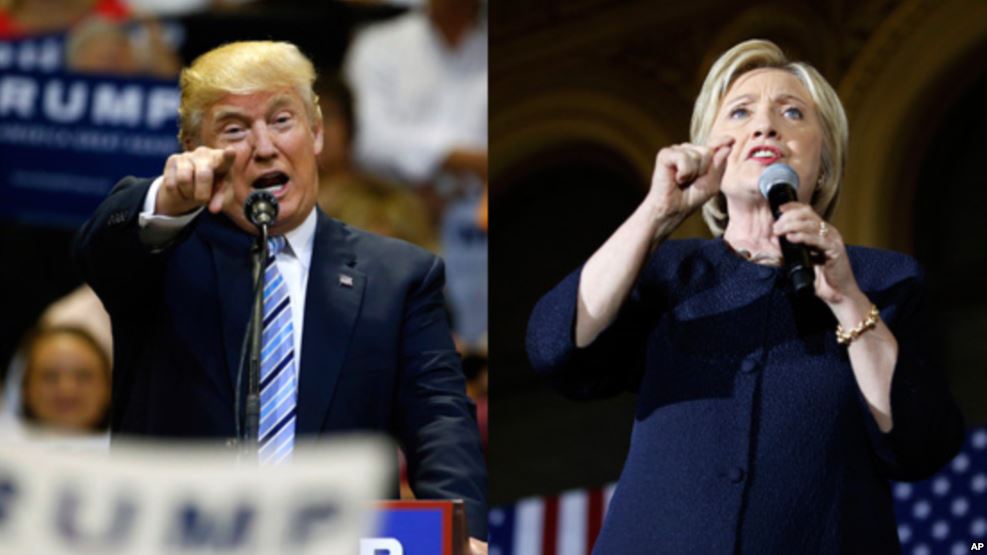Washington- U.S. intelligence and law enforcement agencies are investigating several attempts to break through the systems and electronic voting records for the U.S. coming presidential elections, which will be held on November 7.
The agencies are concerned that these cyber attempts might affect the results of the elections between Republican candidate Donald Trump and Democratic candidate Hillary Clinton.
They see these attacks as a broad covert Russian operation in the United States to sow public distrust in the upcoming presidential election and in U.S. political institutions.
The effort to better understand Russia’s covert influence operations is being coordinated by James R. Clapper Jr., the director of national intelligence.
“This is something of concern for the DNI,” said Charles Allen, a former longtime CIA officer who has been briefed on some of these issues. “It is being addressed.”
According to a report by the “Washington Post,” the FBI, CIA, National Security Agency (NSA) and Department of Homeland Security are all involved in the probe of what officials say is an “ambitious” Russian cyber-operation to influence both national and local politics in the United States.
A top intelligence official told the newspaper that the agencies do not yet purport to have “definitive proof” of Russian interference.
“But even the hint of something impacting the security of our election system would be of significant concern,” the official said.
FBI, last week, warned by issuing a statement confirming it has proofs that foreign hackers were able to hack database in Arizona and Illinois states.
The Russian government hack of the Democratic National Committee, disclosed by the DNC in June but not yet officially ascribed by the U.S. government to Russia, and the subsequent release of 20,000 hacked DNC emails by WikiLeaks, shocked officials. Cyber-analysts traced its digital markings to known Russian government hacking groups.
“We’ve seen an unprecedented intrusion and an attempt to influence or disrupt our political process,” said Rep. Adam B. Schiff, Calif., the ranking Democrat of the House Intelligence Committee, speaking about the DNC hack and the WikiLeaks release on the eve of the Democratic convention.
The disclosures, which included a number of embarrassing internal emails, forced the resignation of DNC Chairwoman Debbie Wasserman Schultz.
Russia denied that it carried out any cyber-intrusions in the United States.
Putin called the accusations against Russia by U.S. officials and politicians an attempt to “distract the public’s attention.”
